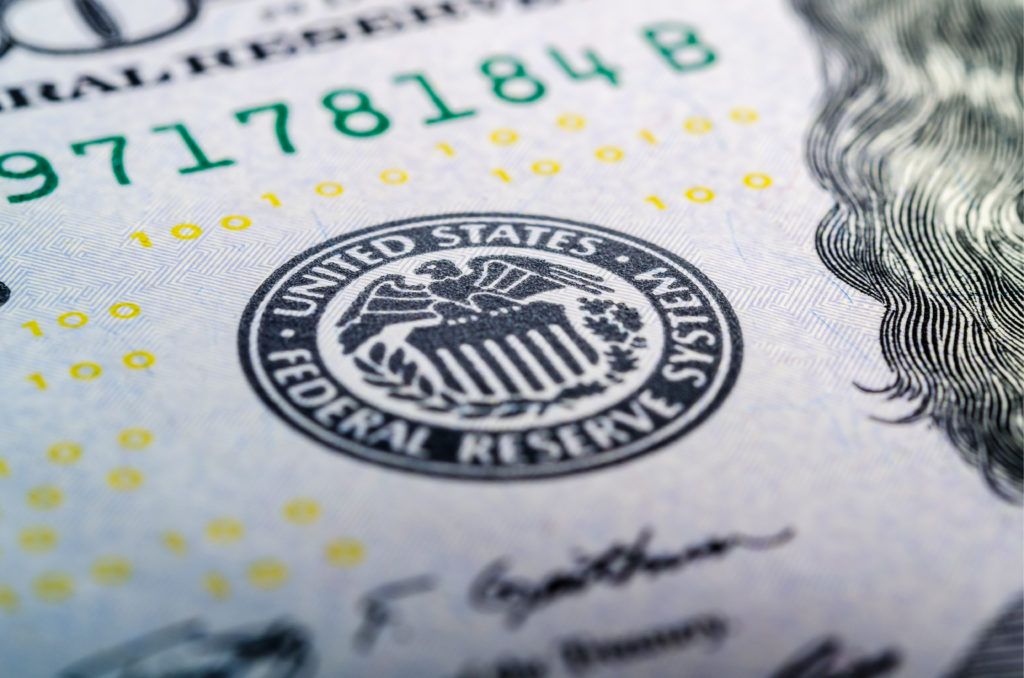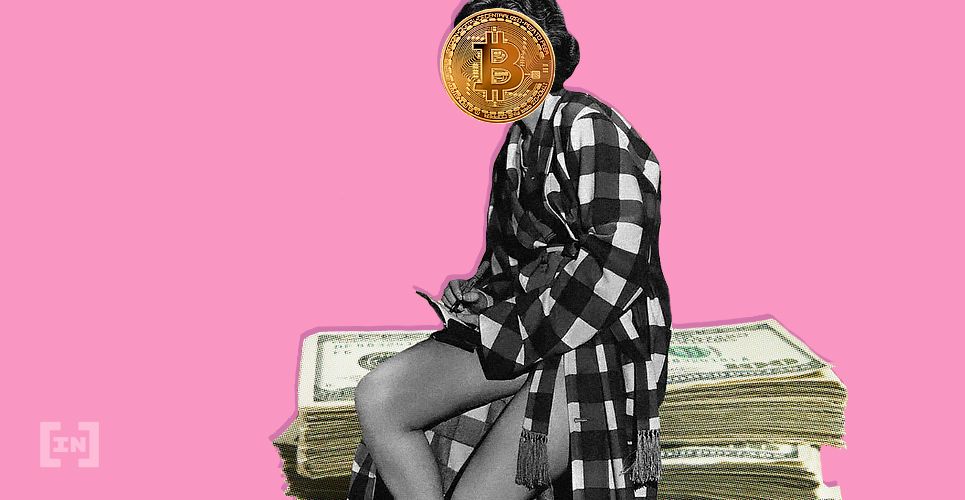Some worry that the Federal Reserve is not doing enough to ensure proper inflation rates. Others suggest that low-interest rates may impede the Fed’s ability to cut interest interests in the case of a recession or depression.
While employment has steadily dropped — reaching its lowest levels in half a century — full employment has yet to be reached. Furthermore, the 1.6 percent annual March interest rate is not that far below the desired two percent.
Thus, worries about an impending economic collapse caused by low inflation rates may be overstated. In fact, the issue of inflation distracts from the more important problem: the centralized power of the Federal Reserve.

Federal Reserve Printing vs. Bitcoin Mining
Unlike Bitcoin (BTC) and other cryptocurrencies, the Federal Reserve maintains centralized power to mint, loan, and manipulate the value of the United States dollar (USD). Bitcoin is designed to overcome this problem. There is no centralized bank or financial institution which mints bitcoins and loans them out to governmental treasuries or other financial institutions. On the contrary, Bitcoin is designed using distributed ledger technology — commonly called ‘blockchain technology.’ Blockchain technology operates by allowing peer-to-peer (P2P) transactions to take place without the need for third-party intermediaries like the Fed. New bitcoins are mined using cryptographic algorithms operated by a distributed series of nodes across the planet. Miners are rewarded with bitcoins for the work they put into solving the algorithm — creating new coins in turn. Nonetheless, there is a fear that Bitcoin’s Proof-of-Work (PoW) mining protocol may lead to centralized production. The machines required to mine are expensive. Furthermore, they require a large amount of electricity which adds another cost. This means that the ability to mine may be limited to a small number of ultra-rich miners and mining pools. Not all cryptocurrencies suffer from this problem, however. New consensus algorithms are being released and tested which may overcome the problem of centralization.
What About Inflation?
While Bitcoin may be unable to overcome the problem of centralized production, it may still solve the problem of inflation. Inflation is defined by two primary phenomena:- An increase in the average price of commodities, good, and services over time.
- A decrease in the purchasing power of a currency.
Eventually, no new bitcoins will be minted. There will be a fixed supply. The problem of inflation may be alleviated. Theoretically, once all bitcoins are mined, one bitcoin will then always equal one bitcoin. Do you think BTC and other cryptocurrencies will be able to overcome the problems of centralization and inflation which plague the current Federal Reserve-backed economic system? Let us know your thoughts in the comments below!Halvening centric perspective on Bitcoin price. H/T @StoicTrader_ & @MLescrauwaet pic.twitter.com/89trRlSOqd
— Tuur Demeester (@TuurDemeester) May 16, 2019
Top crypto platforms in the US
Disclaimer
In adherence to the Trust Project guidelines, BeInCrypto is committed to unbiased, transparent reporting. This news article aims to provide accurate, timely information. However, readers are advised to verify facts independently and consult with a professional before making any decisions based on this content. Please note that our Terms and Conditions, Privacy Policy, and Disclaimers have been updated.

Alexander Fred
Global AI, Data Science, and Blockchain expert. Alexander writes for BeInCrypto where he completes technical analyses of various alt-coins and qualitative commentary and analysis about various cryptoassets and their potential for social integration.
Global AI, Data Science, and Blockchain expert. Alexander writes for BeInCrypto where he completes technical analyses of various alt-coins and qualitative commentary and analysis about various cryptoassets and their potential for social integration.
READ FULL BIO
Sponsored
Sponsored
